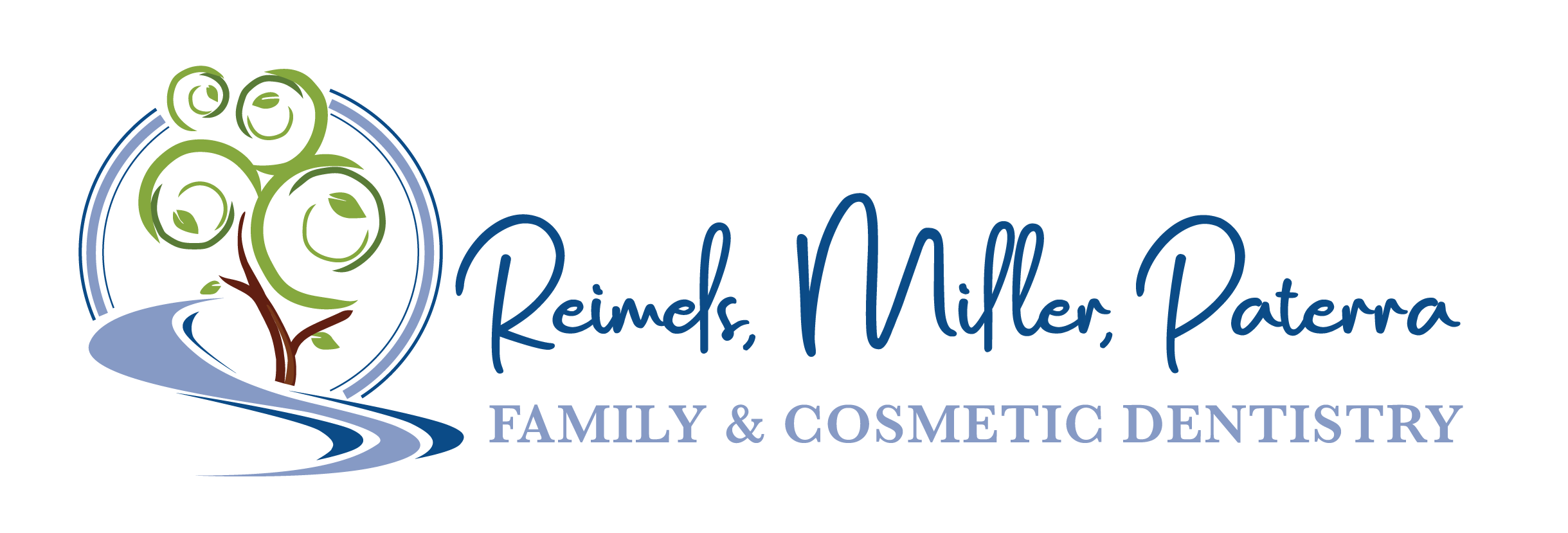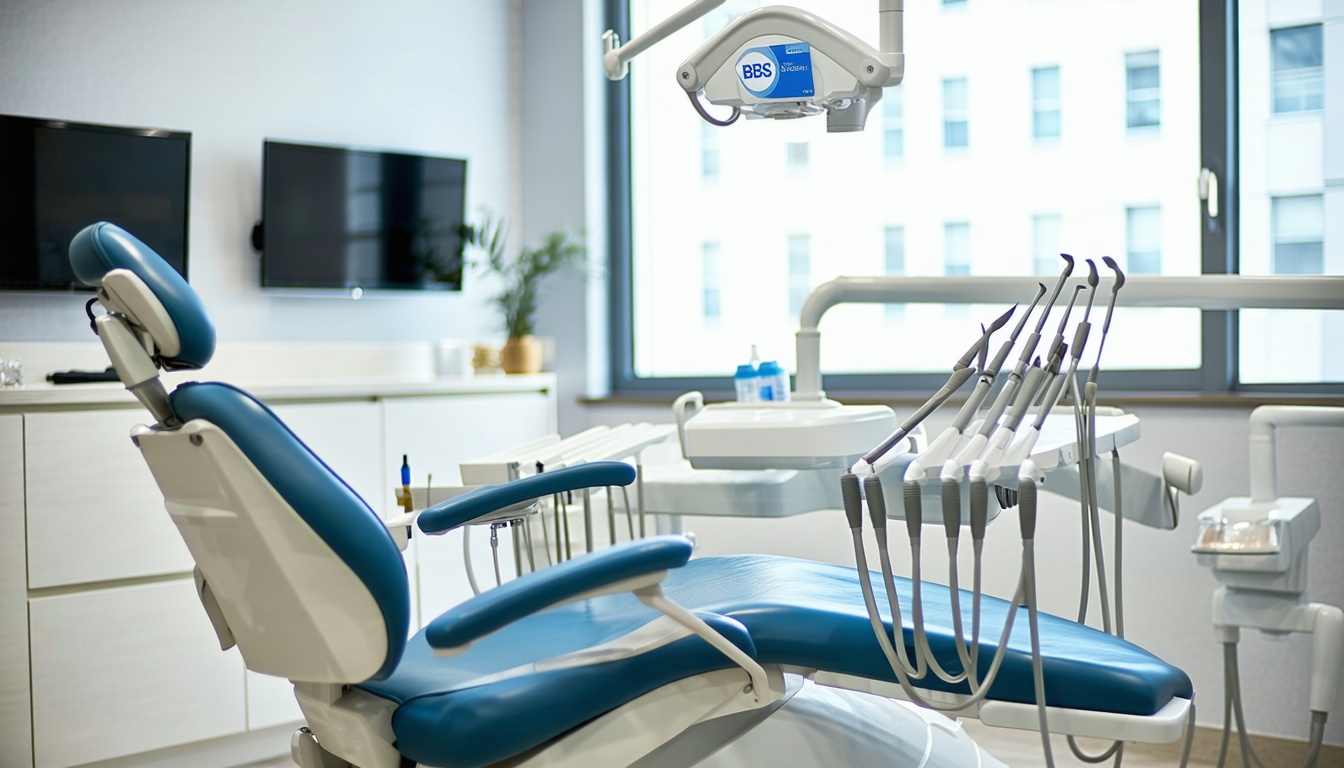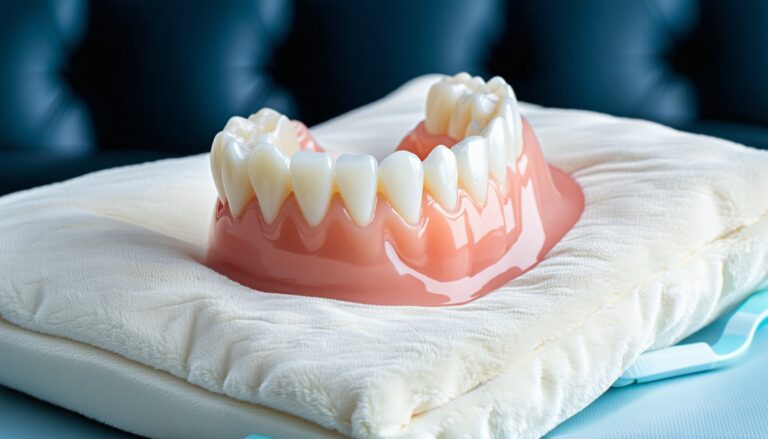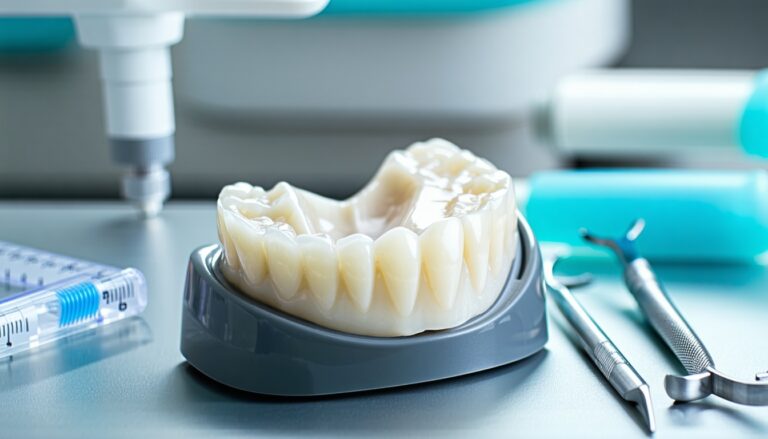Understanding TMJ Disorders
TMJ and Musculoskeletal Structures
The temporomandibular joint (TMJ) and musculoskeletal structures play a crucial role in understanding TMJ disorders. TMJ dysfunction involves a range of problems associated with the joint and surrounding musculature. The etiology of TMJ disorders is multifactorial and includes articular disorders like osteoarthritis and joint dislocation, as well as masticatory muscle disorders such as myofascial pain and myospasm (Blue Cross NC).
Symptoms of TMJ Disorders
TMJ disorders encompass a variety of symptoms that can affect your quality of life. Common symptoms include:
- Clicking sounds in the jaw
- Headaches
- Jaw locking due to muscle spasms or disc displacement
- Pain in areas such as the ears, neck, arms, and spine
- Tinnitus
- Teeth clenching or grinding (bruxism)
These symptoms may improve over time, although some can take a year or more to resolve. The severity of symptoms can vary, and the condition tends to be progressive. This progressive nature can lead to the loss of condylar bone and facial deformity (Blue Cross NC).
For those seeking effective management and treatment for TMJ disorders, it’s essential to consult with a BCBS dentist for TMJ treatment who can provide comprehensive care tailored to your needs. Explore more about tmd therapy with blue cross blue shield insurance and learn about your insurance coverage options.
Diagnosis and Treatment Options
Dental Examination and Diagnostic Testing
When it comes to diagnosing TMJ disorders, a comprehensive approach is essential. Dentists will typically start with a detailed physical examination, personal interview, and review of dental records. This step helps in excluding other potential causes and narrowing down the diagnosis to TMJ disorders. In severe or chronic cases, diagnostic testing and radiologic imaging may be utilized to get a clearer picture of the jaw’s condition. For an in-network TMJ dentist who specializes in diagnosing jaw pain, visit our in-network TMJ dentist for jaw pain page.
Conservative Treatments for TMJ
Before considering surgical options, conservative treatments are often recommended. These treatments include:
- Eating soft foods
- Resting the jaw
- Application of heat and ice
- Anti-inflammatory medications
These methods aim to relieve pain and reduce inflammation, giving your jaw the opportunity to heal without undergoing invasive procedures (BCBSNC). Additionally, using a tmj bite guard covered by insurance can provide relief and prevent further damage.
Surgical Therapies for Severe Cases
In cases where conservative treatments are ineffective, and pain and dysfunction are severe, surgical intervention may be necessary. Surgical options should be considered only when other therapies have failed. It’s crucial to note that surgery is not recommended for patients who are asymptomatic or only mildly symptomatic. Thus, surgery is reserved for those with moderate to severe pain and significant dysfunction (Anthem).
| Treatment Type | Description | Recommendation |
|---|---|---|
| Conservative Treatments | Soft foods, rest, heat, ice, anti-inflammatory medication | Recommended as first-line treatment |
| Surgical Therapies | Invasive procedures including joint surgery | Recommended only for severe and chronic cases |
For more information on whether your insurance covers specific TMJ treatments or requires prior authorization, you can visit our does insurance cover tmj therapy page.
Navigating the process of finding the right TMJ treatment can be challenging. For a detailed look at effective non-surgical therapies and how to manage TMJ symptoms, check out our article on tmd pain management with insurance. Find a trusted bcbs dentist for tmj treatment to provide high-quality care in Huntersville, NC.
Muscle Monitoring Devices
FDA-Cleared Devices for TMJ Dysfunction Analysis
For those suffering from TMJ disorders, muscle monitoring devices have proven invaluable in diagnosing and evaluating TMJ dysfunction. Several devices have been cleared by the FDA to assist clinicians in analyzing joint sound, vibrations, and muscle contractions. These devices provide a more comprehensive understanding of TMJ dysfunction, aiding in creating tailored treatment plans.
Common FDA-Cleared Muscle Monitoring Devices
- K7x Evaluation System
- BioEMG III™
- M-Scan™
- GrindCare Measure®
| Device | Function |
|---|---|
| K7x Evaluation System | Analyzes jaw movement, muscle activity, and joint sounds |
| BioEMG III™ | Records electrical activity in the masticatory muscles |
| M-Scan™ | Measures muscle contractions and relaxations |
| GrindCare Measure® | Monitors and analyzes teeth grinding during sleep |
These devices have been integral since 1981 in advancing the accuracy of TMJ diagnoses (Blue Cross Blue Shield of North Carolina).
By using such advanced technology, you can work with your in-network TMJ dentist for jaw pain to develop an effective treatment strategy for managing TMJ disorders. Muscle monitoring devices are especially beneficial for creating a precise map of your jaw activity and identifying the most subtle dysfunctions.
For further information on the necessity of prior authorization and coverage considerations, visit our guide on tmd therapy with blue cross blue shield insurance. To discover other effective TMJ therapies, see our section on behavioral changes and physical therapy.
Choosing the right dental practice that utilizes FDA-cleared muscle monitoring devices ensures you receive top-quality care for TMJ dysfunction. This aligns with the high standards demanded by individuals in Huntersville, NC, who seek premium full-service dentistry. For coverage details specific to your insurance provider, such as MetLife insurance TMJ specialist and other plans, explore our in-depth resources.
Insurance Coverage for TMJ Treatment
Necessity of Prior Authorization
When seeking treatment for Temporomandibular Joint (TMJ) disorders, understanding the necessity of prior authorization is crucial. Your BCBS (Blue Cross Blue Shield) dentist for TMJ treatment will often need to obtain prior authorization to confirm that the recommended therapies are covered under your insurance plan.
| Type of Treatment | Requirement for Prior Authorization |
|---|---|
| Bite Splints | Yes |
| Physical Therapy | Yes |
| TMJ Surgery | Yes |
| Pain Management Strategies | No |
| Behavioral Changes | No |
Prior authorization ensures that the treatment meets the medical criteria and guidelines set by BCBS. This process protects you from unexpected costs and provides assurance that your treatment plan aligns with your insurance coverage.
For more information on pain management and related strategies for TMJ, you may refer to tmj jaw dysfunction treatment accepted by insurance.
Coverage Considerations with BCBS Plans
TMJ treatment typically falls under health insurance rather than dental insurance, as it involves the jaw bone, joint, and facial muscles. However, coverage for TMJ procedures within BCBS plans can include various services based on specific medical criteria and guidelines (BCBS FEP Dental).
| Type of Service | Coverage by BCBS |
|---|---|
| Bite Splints | Covered |
| Physical Therapy | Covered |
| TMJ Surgery | Covered |
| Mouthguards | Covered |
| Referrals to Specialists | Covered |
| Pain Management Strategies | Covered |
It is vital to verify coverage details with both your dental and medical insurance providers (BCBSNC). This ensures that you are fully informed about the treatments your BCBS plan will cover.
For further details on the types of TMJ treatments and their coverage, visit tmd therapy with blue cross blue shield insurance.
Key Features to Consider:
- Approval based on meeting specific medical criteria.
- Coverage for evaluation and treatment, including bite splints, physical therapy, and surgery (Blue Cross NC).
- The importance of confirming coverage with both dental and medical insurance providers to prevent unexpected costs.
For more tips on managing TMJ with insurance, check out does insurance cover tmj therapy. To find an in-network tmj dentist for jaw pain, make sure your chosen provider is on the list of approved care facilities.
Pre-Treatment Estimates with BCBS
Process of Pre-Treatment Estimates
When considering TMJ treatments with BCBS, understanding the process of obtaining a pre-treatment estimate can help you anticipate potential out-of-pocket costs.
Pre-treatment estimates are not mandatory. However, for major or extensive procedures, it is often beneficial to request your dental office to submit one. Common dental services that typically require pre-treatment estimates or prior authorization include:
- Oral Surgery
- Periodontal Treatment
- Endodontic Treatment
- Crown/Bridge/Inlay/Onlay Work
- Implant/Implant-Related Services
- Orthodontics
- Dentures/Partials
When the dental office submits a pre-treatment estimate request to BCBS, they include supporting documentation such as chart notes, x-rays, and photos. These documents help demonstrate the necessity of the proposed treatment. BCBS then reviews the submission and issues a pre-treatment estimate of benefits. This estimate outlines which procedures would be covered, along with the expected insurance payment and your out-of-pocket expense.
Benefits and Limitations of Pre-Treatment Estimations
Obtaining a pre-treatment estimate from BCBS offers several benefits and limitations that you should be aware of before proceeding with major dental work for TMJ treatment:
Benefits:
- Financial Clarity: A pre-treatment estimate provides a detailed breakdown of what your insurance will cover and what your out-of-pocket expenses will be. This information can help you plan and budget for your treatment effectively.
- Enhanced Communication: The estimate facilitates better communication between you, your dental provider, and BCBS. This can ensure that all parties are on the same page regarding coverage and financial responsibilities.
- Risk Mitigation: By understanding what your insurance will cover before the treatment begins, you can avoid unexpected costs and make informed financial decisions.
Limitations:
- Not a Guarantee: It’s important to note that a pre-treatment estimate is not a guarantee of payment. Coverage will ultimately depend on your current eligibility and the contract benefits in effect at the time of the completed service.
- Time-Consuming: The process of obtaining a pre-treatment estimate can be time-consuming. This is especially relevant if supporting documents need to be gathered and submitted for review.
- Changing Benefits: Changes in your insurance policy or coverage amounts can affect the final payment. Always verify your coverage prior to scheduling major dental procedures.
For more information on how insurance coverage works for TMJ treatment, explore our articles on tmd therapy with blue cross blue shield insurance and insurance approved occlusal splint tmj. Additionally, check out our guide about does insurance cover tmj therapy for a broader understanding.
By addressing both the benefits and limitations of pre-treatment estimates, you can better navigate your [TMJ treatment options][in-network tmj dentist for jaw pain) with BCBS and make an informed decision on your dental care.
Effective Therapies for TMJ Disorders
Temporomandibular joint (TMJ) disorders require a multifaceted treatment approach that prioritizes non-invasive methods before considering surgical options. For affluent professionals, executives, and retirees in Huntersville, NC, seeking the best quality of care, understanding each therapy’s benefits is crucial.
Behavioral Changes and Physical Therapy
Non-surgical interventions are often the first line of defense against TMJ disorders. These methods focus on alleviating symptoms through lifestyle and behavioral adjustments, physical therapy, and other minimally invasive techniques.
1. Behavioral Changes:
Behavioral modifications can significantly reduce TMJ pain and discomfort. These changes may include:
- Avoiding extreme jaw movements (yawning wide, chewing gum)
- Consuming a soft-food diet to ease jaw strain
- Applying heat or ice packs to the affected area
- Using anti-inflammatory medications for pain relief
Behavioral changes aim to minimize strain and inflammation on the TMJ, providing symptomatic relief without invasive procedures (Blue Cross NC).
2. Physical Therapy:
Physical therapy can be highly effective for managing TMJ disorders. Common physical therapy techniques include:
- Jaw exercises designed to strengthen and stretch jaw muscles
- Posture training to reduce strain on the TMJ
- Ultrasound therapy to alleviate muscle stiffness and pain
Additionally, temporary intraoral dental splints like occlusal orthotics can help by realigning the jaw and reducing stress on the TMJ. These splints are removable and reversible, making them a non-invasive yet effective option for TMJ management.
Surgical Interventions as a Last Resort
Surgical treatments for TMJ disorders are generally recommended only when all non-surgical options have been exhausted and the patient continues to experience moderate to severe pain and dysfunction.
1. Indications for Surgery:
Surgical interventions may be necessary when:
- Chronic pain and dysfunction persist despite conservative treatments
- Internal derangement or osteoarthritis of the TMJ is present
- Non-surgical therapies have proven ineffective (Anthem)
Surgery should be considered a last resort and is not recommended for asymptomatic or minimally symptomatic patients.
2. Types of Surgical Procedures:
Surgical options to address severe TMJ disorders include:
- Arthrocentesis: Minimally invasive procedure to remove synovial fluid from the joint
- Arthroscopy: A diagnostic and therapeutic procedure using a small camera and instruments to repair the joint
- Open joint surgery: Involves making an incision to repair or replace parts of the TMJ
Given the potential risks and irreversible nature of surgical treatments, it’s crucial to ensure that all other therapies have been thoroughly explored before opting for surgery (Anthem).
For those in Huntersville, North Carolina looking for premium full-service dental care, a BCBS dentist for TMJ treatment, you benefit from both conservative and advanced care with a focus on minimally invasive approaches. Learn more about tmd therapy with Blue Cross Blue Shield insurance and related treatments at our clinic.
Effective management of TMJ disorders includes considering all options from behavioral changes and physical therapy to surgical interventions as a last resort. Understanding your treatment plan can ensure the health and longevity of your smile. For more tips on managing jaw pain, check out in-network tmj dentist for jaw pain.
